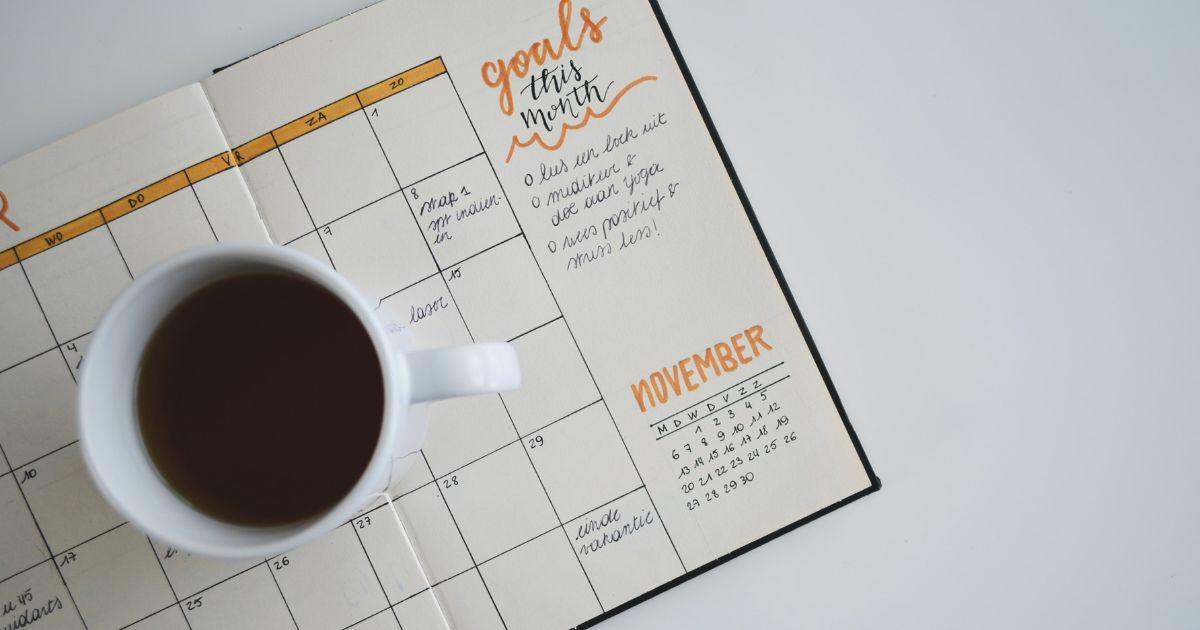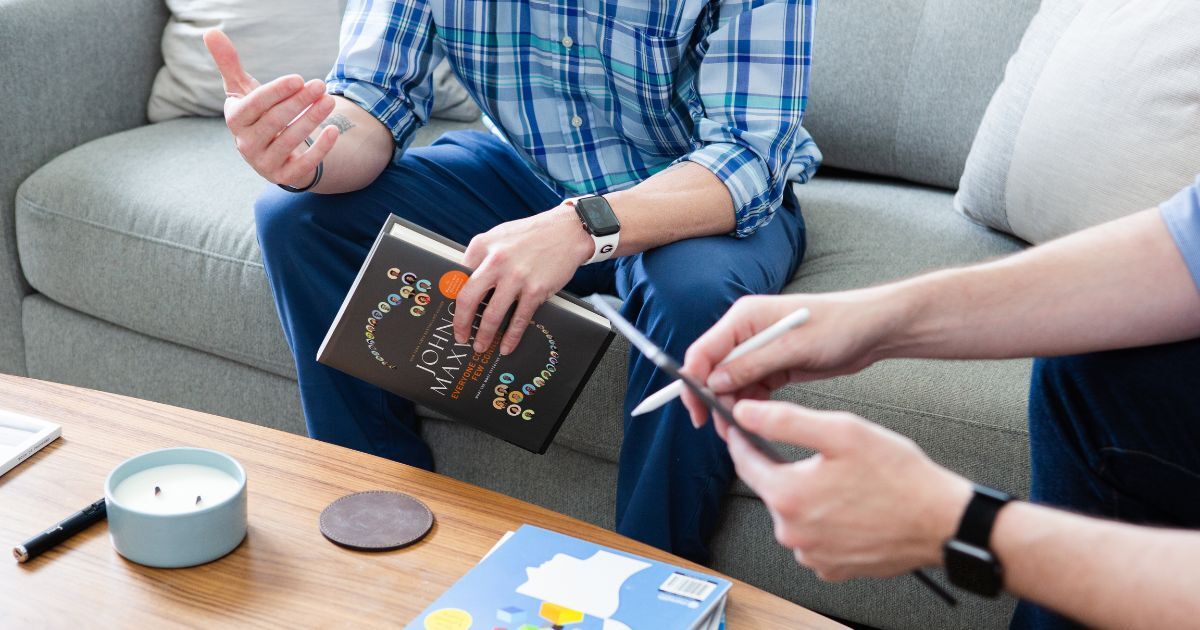
Have you ever had a clear picture of a goal, but lacked the motivation to keep working toward it? Chances are, I know your answer to that question. Motivation is sometimes a fleeting feeling that tends to show up when it wants to, but it won’t be something you feel every day. Then there are days when we really just don’t want to push forward, but we do it anyway. That’s discipline.
Motivation gets you going. Discipline keeps you growing.
Any goal worth achieving will not be accomplished overnight. To achieve them, we need consistency. And consistency requires patience. For most goals, we will have to show up each day and do what’s needed to continue reaching toward them.
Patience is hard in a world where instant gratification is huge. We want it to happen now. We want to have a great outcome from minimal effort.
So how do we grow into consistency?
John Maxwell provides some steps into becoming consistent in his book The 15 Invaluable Laws of Growth.
Improving yourself daily guarantees a future filled with possibilities. When you expand yourself, you expand your horizons, your options, your opportunity, your potential.
John Maxwell
1. Do you know why you need to improve?
Knowing your "why" for something you want is the first step. If you don’t know why you want something, it’s much harder to follow all the steps to get there. So, figure out your why.
Once you know that, it becomes easier to reflect on where you
currently are, which things to improve or change, and how to move
forward.
Improving yourself daily guarantees a future filled with possibilities. When you expand yourself, you expand your horizons, your options, your opportunity, your potential.
2. Do you know how you’re supposed to improve?
Figuring out how you’re going to improve requires knowing what you're capable of and what your strengths and weaknesses are. For example, for some of us, setting small and attainable goals is more helpful than setting big, unrealistic goals. When making sudden, drastic changes, we’re more likely to not follow through.
It’s also helpful to focus on the journey versus the outcome.
Focusing on the outcome can become overwhelming. It can also make you
feel like you aren’t moving quickly enough.
Small disciplines repeated with consistency every day lead to great achievements gained slowly over time.
3. When do you start improving?
Today.
Make a plan. Envision what you want and write the steps to get there.
Making a plan is the first step. Knowing the plan is a great tool in
staying consistent. Work on developing daily habits that align with your
vision. Habits that will fuel your personal growth and will help you
improve each day.
You will never change your life until you change something you do daily.
Consistency isn’t easy. But it is simple. It’s much easier to quit when your results don’t come quickly enough or when the everyday, mundane tasks become less appealing and interesting. Stay consistent. Don’t quit. Remember your WHY.
Consistency takes discipline. Once you make the decision to choose discipline over motivation, your daily habits begin to shift, your perspective changes, and you start to enjoy the journey.
So where do you start?
- Write down what you want to accomplish.
- Now write down your why. The more whys you have, the better.
- Tell someone. When someone else knows your vision and your goals, you are more likely to stay accountable and engaged in the process.
Opening photo by Estée Janssens on Unsplash

by Inda Deleon
Related Content

Article
Leading with Wisdom: Applying the Five Agreements in Your Business
A few weeks ago, I was chatting with two fellow business owners. One was sharing a significant challenge with a client when the other, Drew, brought up The…

Erik Reagan

Article
Start with Wins: The Power of Positive Meeting Openings
Ever notice how a single positive interaction can shift the entire trajectory of your day? There's actually solid science behind that feeling, and it's…

Erik Reagan

Article
The Do’s and Don’ts of Budgeting for Professional Development
When it comes to professional development, small business owners face a unique challenge. With limited resources, you need every dollar to stretch as far as…

Erik Reagan